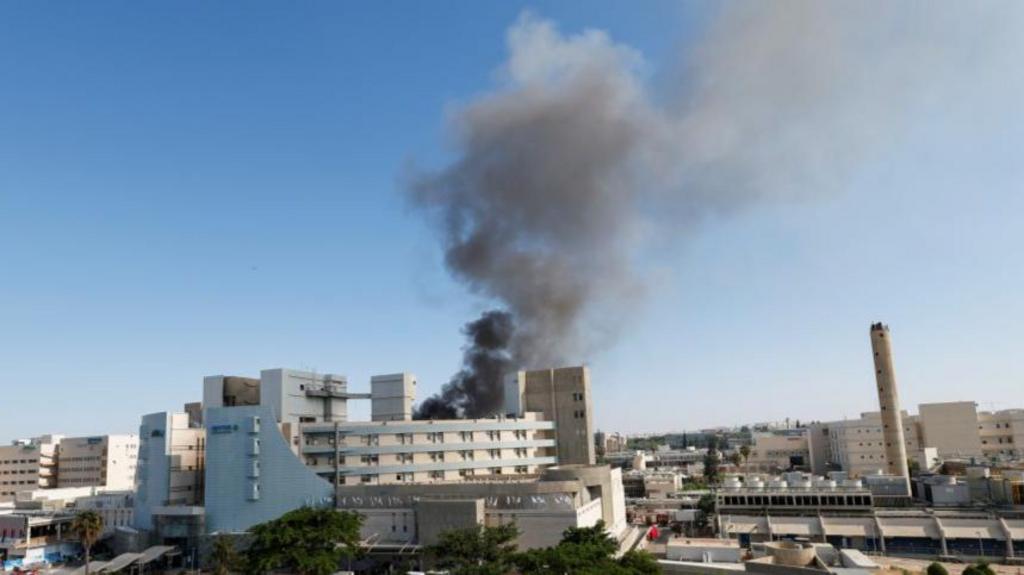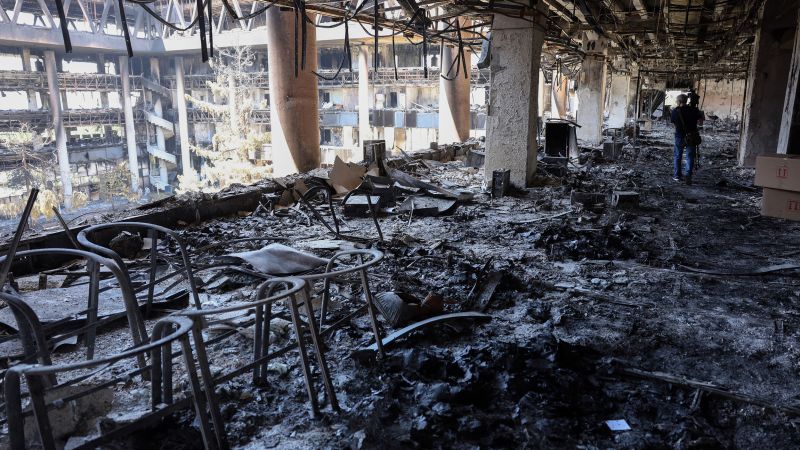Iran Launches Massive Missile Attack on Israel, Hospital Damaged and Casualties Reported

Iran Unleashes Barrage of Missiles at Israel, Sparking Fears of Escalation
In a dramatic escalation of tensions, Iran launched a massive wave of missile strikes targeting Israel late Monday, prompting widespread alarm and raising concerns about a wider regional conflict. The attack, confirmed by Israeli military officials, represents a direct response to Israel's alleged strike on Iranian soil earlier this week, marking a significant and dangerous turn in the ongoing geopolitical struggle.
Widespread Impact and Damage
Early reports indicate significant damage across Israel. A hospital in southern Israel sustained direct hits, resulting in injuries to both staff and patients. While the full extent of the damage and casualties is still being assessed, initial accounts paint a picture of chaos and disruption. Air raid sirens blared across the country, and residents sought shelter in bomb shelters as the barrage of missiles rained down.
The Israeli military confirmed intercepting a large number of the incoming missiles with the assistance of allied nations, including the United States, the United Kingdom, and Jordan. However, some missiles evaded the defense systems, causing damage and prompting urgent responses from emergency services.
Iran's Justification and Israeli Response
Iran's Islamic Revolutionary Guard Corps (IRGC) claimed responsibility for the attack, stating it was in retaliation for Israel's alleged strike on the Arak heavy water reactor. Tehran has consistently accused Israel of targeting its nuclear facilities, though Israel has neither confirmed nor denied these allegations.
Following the missile attack, the Israeli military announced it had targeted the “inactive” Arak heavy water reactor in Iran, reinforcing the tit-for-tat nature of the escalating conflict. Prior to the strike, residents in nearby towns were warned to evacuate, suggesting a pre-planned operation.
International Condemnation and Calls for De-escalation
The international community has swiftly condemned Iran's missile attack, with numerous countries calling for restraint and de-escalation. The United States has reaffirmed its commitment to Israel's security and has pledged to work with its allies to stabilize the region. However, the risk of further escalation remains high, with analysts warning that the current situation could easily spiral out of control.
The Arak Reactor Controversy
The Arak heavy water reactor has long been a source of international concern due to its potential for producing plutonium, which could be used in nuclear weapons. While Iran insists the reactor is solely for peaceful purposes, its location and design have raised suspicions among Western powers. The recent strikes targeting the facility underscore the sensitivity of the issue and the potential for miscalculation.
Looking Ahead: A Precarious Future
The latest developments mark a critical juncture in the already tense relationship between Iran and Israel. The exchange of strikes has dramatically heightened the risk of a full-scale conflict, with far-reaching consequences for the region and the world. Diplomatic efforts to de-escalate the situation are urgently needed, but the path forward remains uncertain. The international community faces a daunting challenge in preventing this conflict from spiraling further and ensuring the stability of a volatile region.






